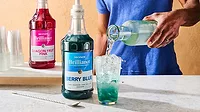Functional beverage market expands to meet consumer expectations
Health and wellness trends prompt product development
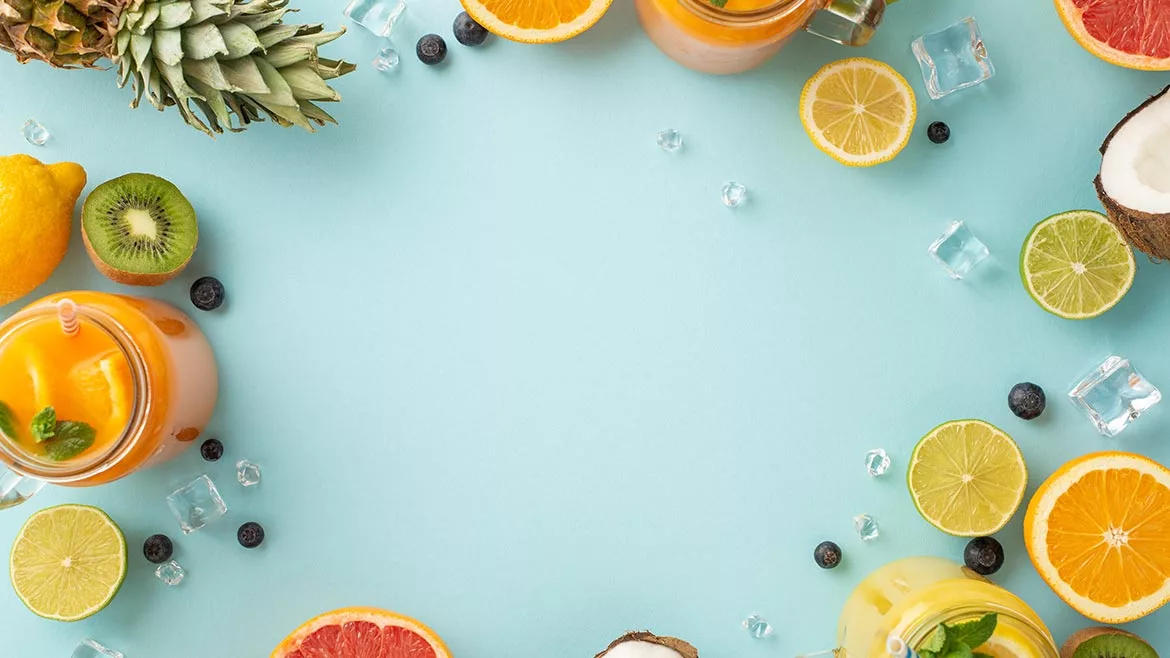
Image by InspirationGP for iStock /Getty Images Plus via Getty Images
Academy-award winning actress and author of the children’s book series “Randi Rhodes, Ninja Detective,” Octavia Spencer is quoted for saying, “The way to bring about change is to be proactive and active.”
With more consumers taking a proactive approach to improve upon health and well-being, experts note that such trends are driving the development of functional beverages.
“Consumers are increasingly prioritizing their health and wellness, driving the demand for healthier functional beverages that offer benefits like improved mood, digestion, and energy,” says Mitch Madoff, head of retail partnerships at Keychain, New York. “Growing environmental concerns have also led consumers to support eco-conscious brands with sustainable practices, from sourcing to packaging.
“Health and sustainability are shaping product development, creating opportunities for brands to connect with consumers by catering to their needs,” he continues.
Stephanie Mattucci, director at Mintel, Chicago, echoes similar sentiments, noting that innovative products are aligning with consumers’ expectations.
“Functional beverages are gaining traction as consumers increasingly prioritize health and wellness, alongside the desire for convenience and variety,” Mattucci says. “Consumers are more empowered than ever to make informed choices, driving companies to adapt to this dynamic market by creating innovative products with functional ingredients that align with these evolving expectations.
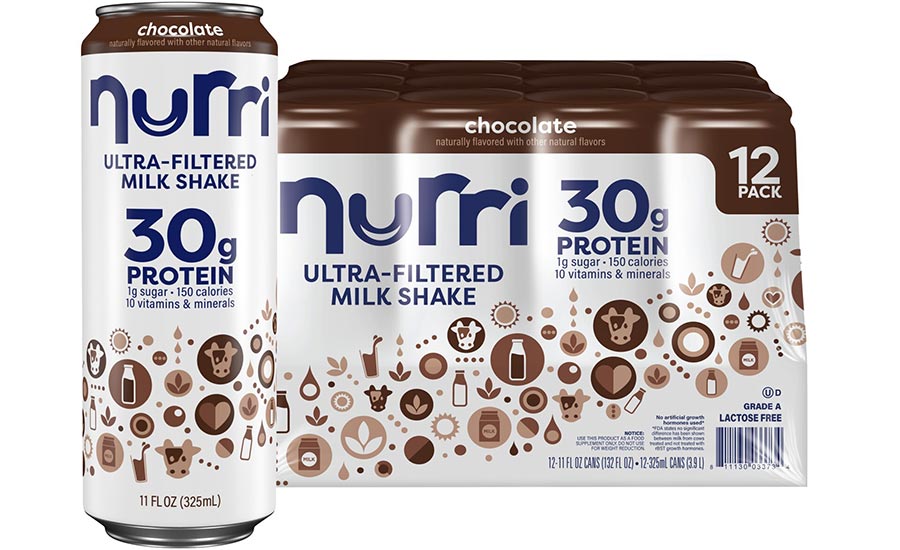
“Furthermore, the rise of personalized nutrition has prompted brands to tailor functional beverages to specific dietary needs, offering options that are allergen-free, low-sugar or plant-based,” she continues. “These trends underscore a pragmatic shift toward a more conscientious lifestyle, where beverage choices reflect broader health goals and ethical standards.”
Roger Dilworth, senior analyst at Beverage Marketing Corporation (BMC), Wintersville, Ohio, also notes how health trends are shaping the functional beverage market.
“Poorer health outcomes over the past few decades are driving a small percentage of consumers to seek out proactive ways to improve their well-being through food, beverages, and supplements,” he says. “There have been currents underpinning this, such as the growing anti-sugar movement and popularity of ketogenic diets, as well as increased vigilance in the wake of COVID-19.”
Dilworth adds that energy, digestive health, and protein attributes seem to resonate most with consumers, based on sales performance.
“Immunity is still an important concern but it seems to have waned a little since the pandemic,” he says. “Looking at what people search for on the Internet, people want to feel better, less depressed, and less tired, meaning there could be opportunities in the areas of weight management, sleep, and emotional health, with electrolytes and adaptogens emerging as items of interest.”
Keychain’s Madoff explains how social media platforms have made it easier than ever for consumers to understand their personal health and wellness.
“Digestive health, in particular, is one of the most talked about wellness topics, becoming a key focus in beverage development,” he says. “With consumers prioritizing gut health, the probiotics market is experiencing strong growth. Beverages like these resonate with today’s busy consumers who are constantly looking for quick and easy ways to support their wellness.”
Mintel’s Mattucci, meanwhile, points to consumers’ desire for holistic health solutions.
“Today’s informed consumer is seeking products that do more than quench thirst — they look for drinks that deliver added health benefits, such as improved energy levels, enhanced digestion, or boosted immunity,” she says. “This shift in consumer preference is fueling innovation within the beverage industry, with companies exploring ingredients like probiotics, adaptogens, and added vitamins.
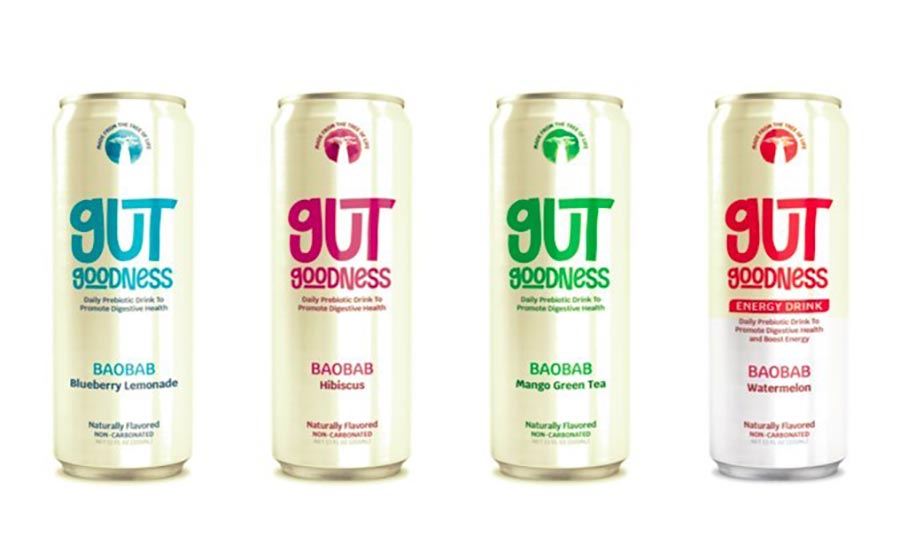
“There is a desire for holistic health solutions, with ingredients like probiotics and adaptogens gaining popularity for their potential benefits,” Mattucci continues. “Consumers are looking for multi-functional drinks with 69% of U.S. functional drink consumers agreeing functional drinks should have multiple functional ingredients.”
Embracing functionality
With health and wellness trends significantly impacting the beverage industry, experts highlight which categories are utilizing functional formulations most frequently.
“Energy drinks are a leading category for functional drinks, followed by sports drinks,” Mintel’s Mattucci says. “As the name suggests, energy drinks’ provide an immediate energy boost and often include ingredients like caffeine, taurine and electrolytes to enhance performance and alertness.
“Similar to energy drinks, sports drinks are commonly formulated with functional ingredients to support hydration and replenish electrolytes lost during physical activity,” she continues. “They are compatible with ingredients that provide immediate efficacy, a benefit many consumers are looking for. In fact, 68% of U.S. functional drink consumers say they prefer functional drinks that provide immediate results.”
Mattucci adds that emerging categories include coffee, tea, juices, plant-based and dairy milk.
“These beverages are increasingly being used as bases for functional formulations,” she says. “Coffee, with its caffeine content, is a popular choice for immediate energy, while tea is often paired with ingredients like ginseng and wolfberry to enhance its natural profile.
“Juices, particularly those fortified with vitamins and minerals, are utilized for their nutritional benefits and are considered suitable for nutrition supplementation and a balanced diet,” she continues. “They can be enhanced with superfoods and other nutrients to boost their functional profile.”
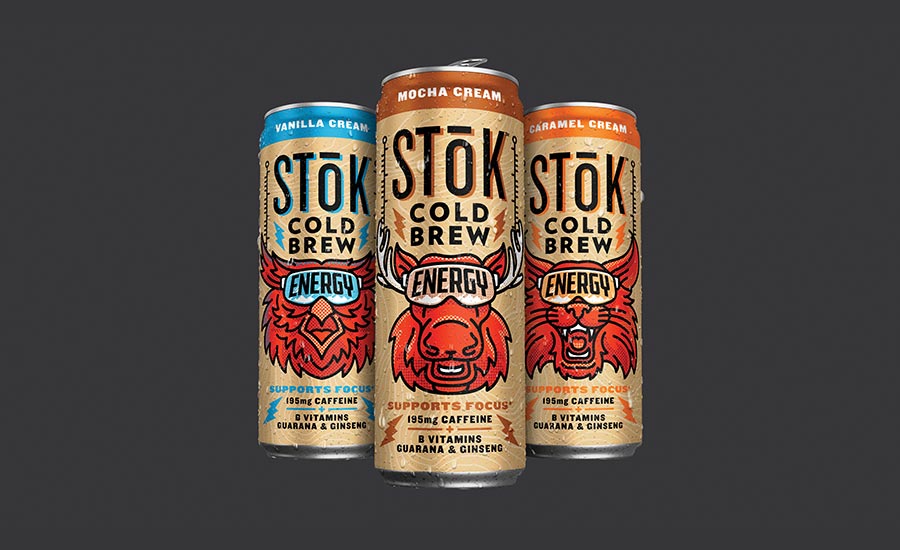
Further, Mattucci notes that bottled and sparkling water increasingly are being formulated with functional ingredients to enhance hydration and provide additional health benefits, such as cognitive support and stress relief.
BMC’s Dilworth points to lightly sweetened sparkling water as a significant beverage base.
“It depends on the broadness of definition: energy drinks are arguably functional carbonated soft drinks and kombucha can be seen as a functional tea,” he explains. “A generation or more ago, there were herb-enhanced fruit drinks and RTD teas, but the direction seems to be more in favor of using a sparkling water base today.”
Keychains’ Madoff pinpoints herbal and tea-based drinks as popular functional beverages, offering benefits like natural energy boosts and digestive support.
“These options particularly resonate with consumers who prioritize holistic health and natural remedies,” Madoff says. “We’re seeing this trend at Keychain, with spikes in production demand for herbal brands like Kevita, GoodBelly and GT’s.
“Energy and sports drinks are also booming as more consumers look for options that support endurance, hydration and recovery,” he continues. “Keychain shows that brands like Alani Nu and PRIME are stepping up production to keep pace with this rising consumer demand.”
As far as which demographics are more likely to utilize functional beverages, Madoff says younger consumers — particularly Gen Z — are driving the rise in functional beverages, prioritizing health and wellness more than any other generation.
“This is largely thanks to social media platforms and influencers who are emphasizing the benefits of functional beverages,” he explains. “There’s one category that’s specifically taken off: flavored diet sodas. On Keychain, we’ve tracked a massive 149.08% increase in production demand for this category over the past year, with brands like poppi and Olipop leading this growth. This surge in demand highlights how the next generation of consumers is reshaping the beverage market, making functional, wellness-focused options the new norm.”
Mintel’s Mattucci also notes that younger generations, including millennials, are more likely to utilize functional beverages.
“These demographics show a strong preference for beverages that align with their health and wellness goals, seeking benefits such as hydration, energy, immune support, and cognitive enhancement,” she says. “They are more inclined to consume drinks with multiple functional benefits and are open to trying new formulations that offer comprehensive health solutions. In contrast, older generations like Gen X and baby boomers are less engaged with functional beverages but still show interest, particularly in benefits that address aging concerns and overall health maintenance.”
Consumers are more empowered than ever to make informed choices, driving companies to adapt to this dynamic market by creating innovative products with functional ingredients that align with these evolving expectations.
BMC’s Dilworth echoes similar sentiments, noting that it seems to be young adults up to age 35 that are driving the energy, gut pop, and protein drink markets.
“But this conceivably could broaden out if brain health drinks gain in popularity, whether targeting focus, memory or emotional well-being need states,” he says.
What’s in store
As convenience plays a crucial role among a wide range of consumers, it also is a major factor in the functional beverage market, experts note.
“…Today’s consumers lead busy lifestyles and want grab-and-go options that deliver added benefits,” Keychain’s Madoff says. “By optimizing size, shape, and design, brands ensure their products fit seamlessly into consumers’ lives, whether they’re heading to the gym, commuting, or just looking for a quick health boost during a busy day.”
Mintel’s Mattucci, meanwhile, explains the far-reaching appeal that on-the-go functional drinks deliver.
“These are attractive options for busy consumers who need quick and easy access to health benefits,” she says. “Ultimately, convenience is a key driver in the functional beverage market, as it enhances the appeal and accessibility of these products, encouraging more frequent and consistent consumption among a wide range of consumers.”
BMC’s Dilworth details how factors such as convenience and price point are impacting the functional beverage market.
“There is a trade-off of convenience and availability versus price point and the [do-it-yourself] (DIY) impulse,” he says. “The more reasonably a packaged (or store-prepared) beverage is priced and how difficult it is to replicate is the extent to which the real functional aficionado will opt to make their own functional drinks at home.”
As far as what’s in store for the future, Dilworth asserts it depends on how broad the functional beverage market is defined, noting that the market should continue to increase volume at low-to-mid-single-digit rates.
“There could be a wide disparity depending on the sub-segment of functional beverages,” he says. “There have been enough false alarms about the ‘upcoming functional revolution’ that double-digit growth projections are difficult to justify.”
Mintel’s Mattucci notes that, for functional beverages to have continued growth, brands will need to innovate with flavor profiles that enhance the appeal of functional drinks.
“Taste is more important than functional benefits for 55% of U.S. functional drink consumers,” she says. “While functionality remains important, consumers are expected to prioritize beverages that offer both health benefits and palatable flavors.
“Functional beverages are anticipated to become more prevalent in social settings, driven by the sober-curious movement,” Mattucci continues. “Already 60% of U.S. functional drink consumers have expressed a desire for more functional drinks at restaurants/bars. As consumers seek healthier alternatives to alcoholic drinks, functional beverages will increasingly be featured in bars, restaurants, and other social venues, offering both health benefits and enjoyable experiences.”
Keychain’s Madoff anticipates that the future of functional beverages is promising, considering the constant market for innovation, sustainability, and personalization.
“Especially with sustainability taking center stage, eco-friendly practices — like more plant-based and clean ingredients — are becoming essential for any brand that’s trying to stand out,” he says. “We’ve also recently seen consumer interest in CBD-infused functional beverages, like Recess or Cloud Water, that are calming and help reduce stress. We can expect to see more brands hop on this trend next year with the ongoing consumer focus on well-being and stress relief.
“Brands that embrace these trends will lead the way, setting the standard for a more sustainable and innovative future in the functional beverage market,” Madoff concludes.
Looking for a reprint of this article?
From high-res PDFs to custom plaques, order your copy today!




